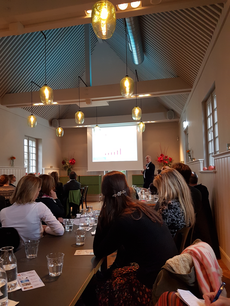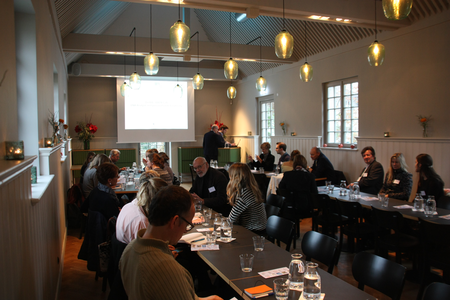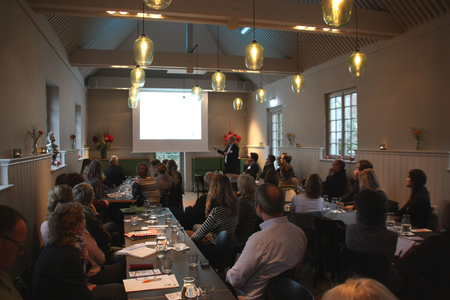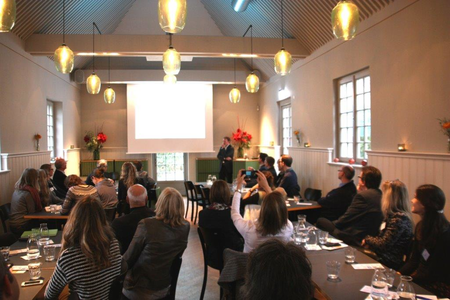"Diet, genome and brain are closely related," stated DietBB-Expert Prof. Markus Nöthen from the Institute for Human Genetics in Bonn. The researcher explained the relations using the example of milk sugar-splitting enzyme lactase. "In former times only infants needed Lactase to digest the milk of the mother. While growing-up, the gene, responsible for the production of the enzyme, was deactivated. Later on milk appeared as well in the diet of adults. Those who had lactase at their disposal in the area of cattle-breeding took profit from the nutrient advantage. Eventually the genome modified and nowadays most people produce sufficient amounts of the enzyme, even in higher age."
Genetic findings are milestones for disease biology
Genetic factors play a significant role in food intolerances - such as lactose intolerance - furthermore in nutrition-related diseases and body weight. There is a reciprocal, genetic link between body mass index (BMI) and brain functions. A low BMI is usually associated with better brain performance. "Genprofiles help to identify genes accountable for body weight and may trace predispositions to specific diseases, so that early detection, risk assessment and individual nutritional recommendations are made possible," emphasized Professor Nöthen. He advised against dubious offers in the area of LifeStyle diagnostics. "The genetic contribution is very complex - generally there are always multiple genes, environmental factors and personal behavior involved."
Prof. Bert Heinrichs from the Institute for Science and Ethics at the University of Bonn commented about the moral aspects of predictive genetic testing. According to Kant, he posed the following questions: "Do the tests contribute to one's own perfection or others' happiness?" More precisely, "Could they prevent harm and help to master one’s life better or is the opposite the case? Could I hurt or benefit someone else performing a test? "Limitations are the lack of therapeutic or preventive options”, the philosopher mentioned. Tests, when used wrongly or improperly, may cause damage and are considered as critical by him.
Ultimately, genetic testing is not a random medical diagnostic tool. In Germany, these are subject to regulations of the Genetic Diagnostics Act.













